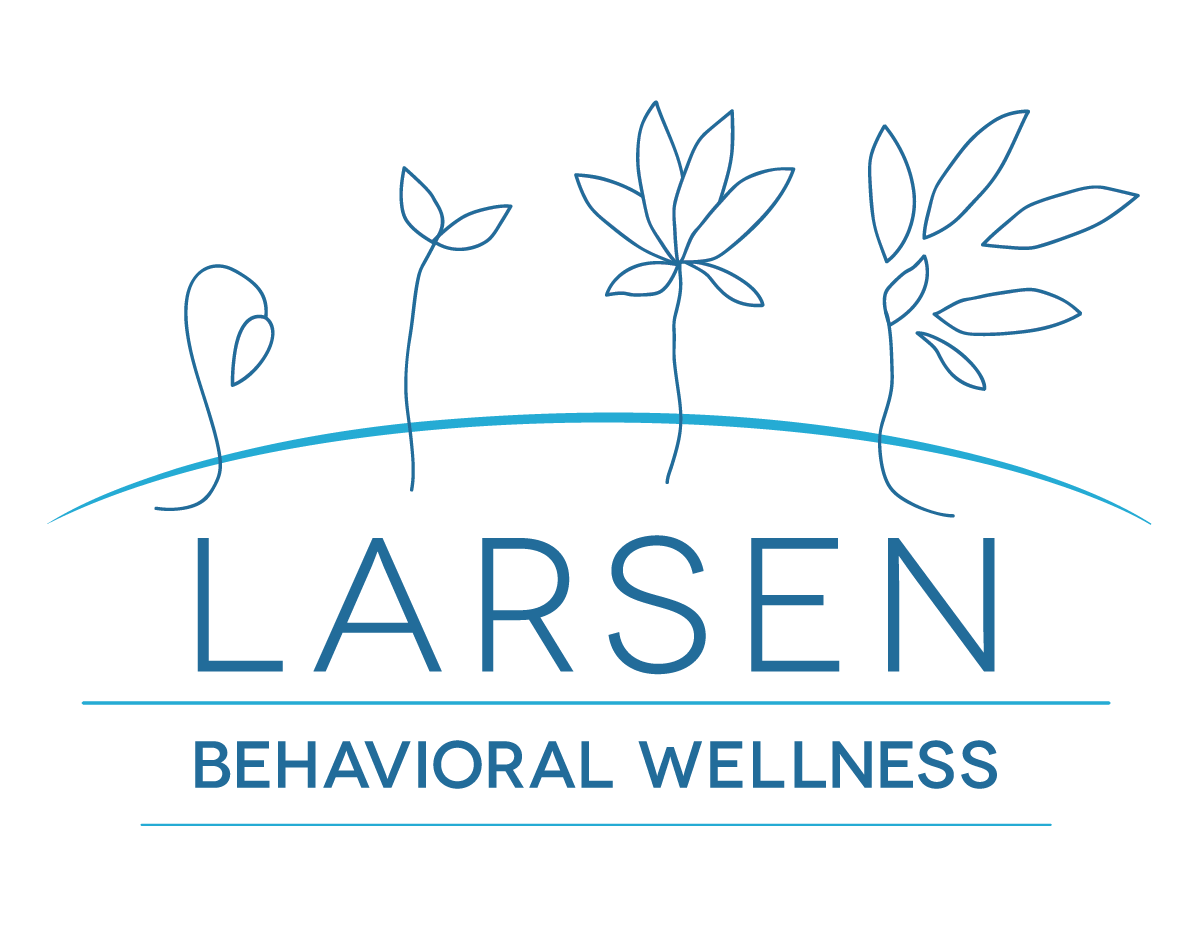Psychological Assessment
Do you ever find yourself wondering, “Why is my child struggling in school?”
Perhaps you have wondered “Does my child have a learning problem?” You notice that they are frustrated, and you can’t seem to pinpoint what is going on for them. Do you find yourself saying, “My child is bright. They can do their school work under the right conditions. I don’t know why they are failing.” You want to help them but you can’t quite put your finger on what is impacting their performance. For some parents, you know your child is not demonstrating their true abilities in the classroom. Something seems to be hindering their achievement.
For others, you might notice that your child has trouble focusing or staying on track. Your child says they are giving their best effort but they seem to give up early in frustration. You are hearing from teachers that they do not finish their assignments, turn in things late or not at all. You notice they get lost in conversations or seem fidgety or need to move around. Perhaps you have always wondered if they have an attention issue or just lack motivation.
It can feel frustrating to see your child struggling and not know how to help them. This situation is unfortunately increasingly common. Indeed, today many children struggle with learning disabilities, ADHD, behavioral issues, autism, and other developmental delays that affect them at home and at school. The trouble is how do we help a child if we are unsure of what is at the heart of the issue? The good news is, however, that with a comprehensive psychological evaluation, you can learn more about your child’s cognitive strengths and weaknesses, social-emotional functioning, and neuropsychological functioning. With this information, the appropriate supports can be put in place to help them harness their intellectual abilities and perform to their best ability.
The Evaluation Process
Many parents come to the clinic frustrated about their child’s poor academic performance. At Larsen Behavioral Wellness we have an array of psychological assessments to evaluate children’s cognitive abilities, neuropsychological functioning, emotional/behavioral functioning, and adaptive functioning. We start the evaluation process with an in-depth interview of both you and your child. We review your main concerns and what insights you would like to gain from the assessment process. We review your child’s personal and family history and any previous testing or brain scans. With your permission, we will interview teachers, tutors, and/or school counselors to gain additional perspectives.
After the intake interview, testing occurs over the course of 2-4 testing days. Testing includes standardized assessments that measure children’s verbal, spatial, processing, and abilities as well as their academic achievement as compared to other children their age. Further tests of attentional capacities, executive functions, and memory that help to clarify children’s abilities may be used depending on each individual child’s situation. Each evaluation is customized to the child. Once testing is complete, the results of the evaluations are synthesized and summarized in a draft psychological report. The report is then shared with the family during a feedback session. Parent and child feedback is incorporated and the report is finalized. The final report includes personalized recommendations designed to help children achieve their best at school and at home. Reports are confidential and only released to parents directly.
Dr. Larsen has over a decade of experience conducting psychological assessments with children and teens. Dr. Larsen personally completes all interviews, testing, and report writing. With this information, Dr. Larsen writes clear, personalized recommendations to help children and teens achieve their potential. She regularly witnesses how a psychological evaluation can be a transformative experience for families to help parents and teachers better understand a child’s inner workings.
Parents may have some concerns about having their child evaluated. This is very typical, and we want to put your mind at ease.
Will my child be reduced to a label?
Simply put “no”. Your child is more than a label; they are an individual with idiosyncratic characteristics, context, culture, background, and brain function. While an evaluation sometimes results in a diagnosis or “label” they also tell you so much more than that. Labels are reductionistic. Evaluations are expansive. The full findings of the report will provide in depth information about how your child’s brain processes function- what they do well and where they are falling behind. For some children difficulties with types of reasoning hinder their learning. For others, attentional capacities limit their ability to perform while their reasoning abilities are actually quite high. With appropriate support, children can harness their strengths and overcome any challenges that personal weaknesses may impose. Diagnoses are used to help children gain access to resources at school and in the community. They communicate information to other professionals about what a child may or may not be struggling with. They should never be used to reduce a child or limit them in any way. Dr. Larsen will discuss with you any diagnoses that are being considered before being included in any written documentation. With Dr. Larsen you can be sure that your child will not be reduced to a label.
How can you assure my child will perform to their ability on the evaluation when their behavior gets in way at school?
Often children struggle with many environmental distractions and difficulties while they are at school that may impact their work. However, during evaluations, Dr. Larsen takes steps to ensure children are set up for success on testing days. Testing is done is a quiet room with one and one focused administration. We use frequent breaks and encourage children to stay motivated with rewards and incentives. If children seem fatigued, we stop and restart another day. Testing is arranged so that children can perform to their maximum potential.
Shouldn’t the school be testing my child for academic problems?
Our local schools have talented school psychologists who do perform psychological evaluations for children in need of testing. Often these tests are adequate to identify issues and inform IEP’s. However, these evaluations are reserved for children who demonstrate the most pressing issues. Sometimes, children present with more nuanced challenges that go unnoticed by school personnel. Often a parent’s concern alone may not be enough to provoke testing. Parents are encouraged to check with their school to see if their child is eligible for in school assessment before starting private evaluations.
However, private evaluations do have some benefits that in school evaluations do not. Private evaluations are often more extensive, exploring areas of functioning not addressed by school-based testing due to limited time and resources. Additionally, results of a private evaluation are owned by parents and do not become part of a child’s official school record unless the parent explicitly release the information to the school. Should you want to keep evaluation results to the family, that is absolutely your right. Finally, results of the evaluation are reviewed with parents before the report is finalized. In this way, parents are an integral part of the evaluation process and have significantly more control over the final report.
Will the results of the evaluation remain my private information?
Yes. Your evaluation is private, protected health information. It will not be released to any party unless you give your explicit permission to do so.
Will my insurance cover psychological evaluation?
Check with your insurer. Many plans do cover some portion of the evaluation.
Evaluation can be transformative and the first step in a process overcoming hardship.
Larsen Behavioral Wellness is a comprehensive mental wellness clinic that is dedicated to helping children, adults, and families achieve their potential and thrive. We are different from other clinics in that we are equipped to not only identify issues through psychological evaluation, but we see clients through treatment for these issues as well. Once an evaluation is complete, should the findings suggest intervention is warranted, Dr. Larsen works directly with our clinic’s psychotherapists to integrate findings and recommendations into your child’s psychotherapy treatment plan. Our goal is to provide you with answers to your questions as well as ongoing care to help your child succeed.
Uncover your child’s hidden potential!
If you are interested in pursuing evaluation or have additional questions you would like to have answered, feel free to complete a “contact us” form on the webpage. We would be happy to discuss with you the evaluation process, associated costs and/or any lingering questions. Do not hesitate. You are steps away from helping your child achieve their potential!



